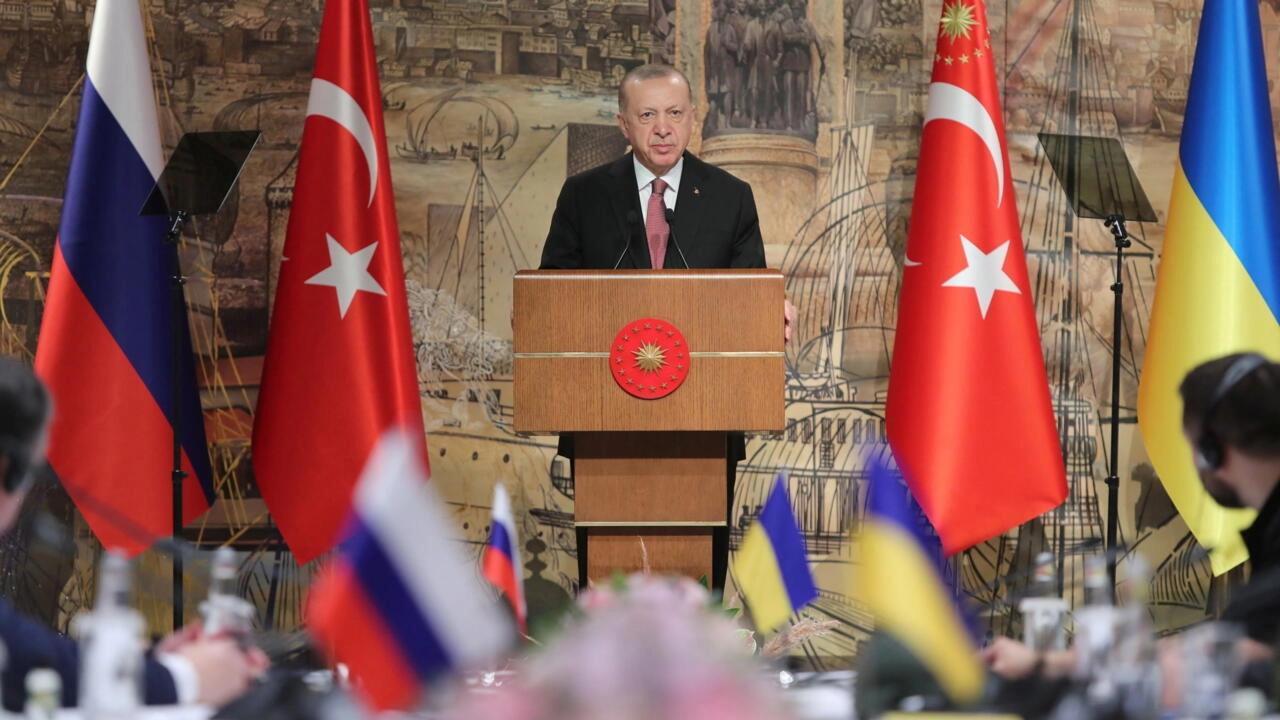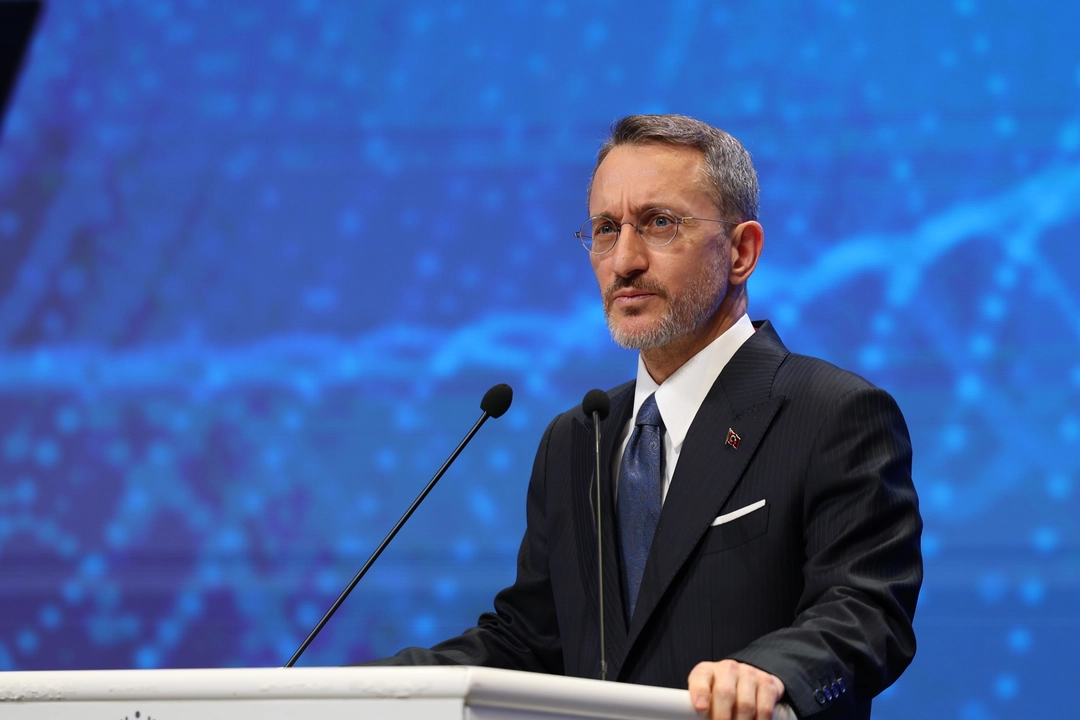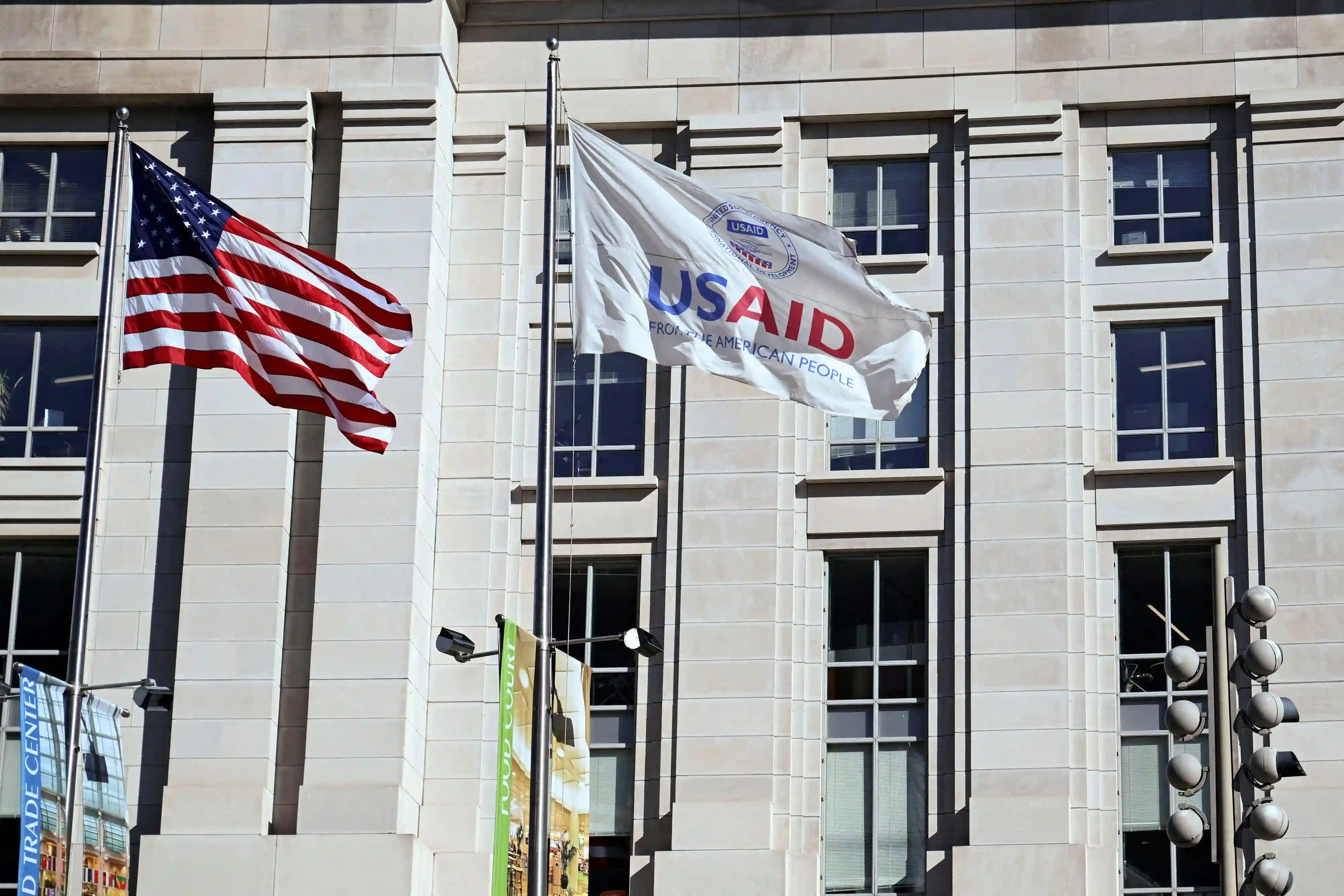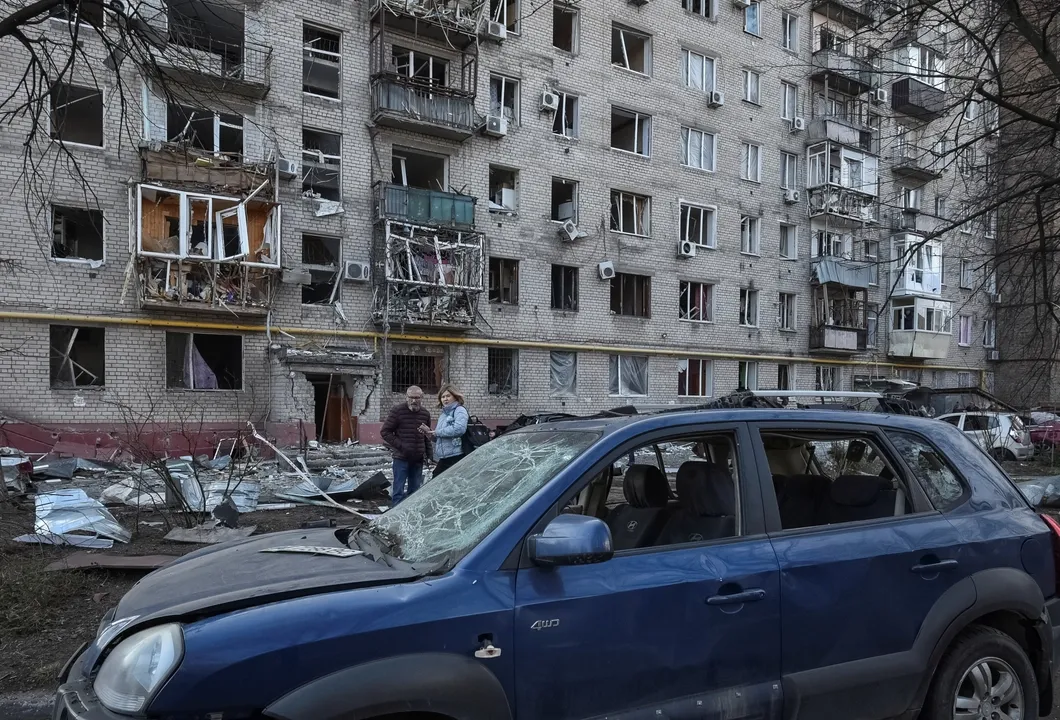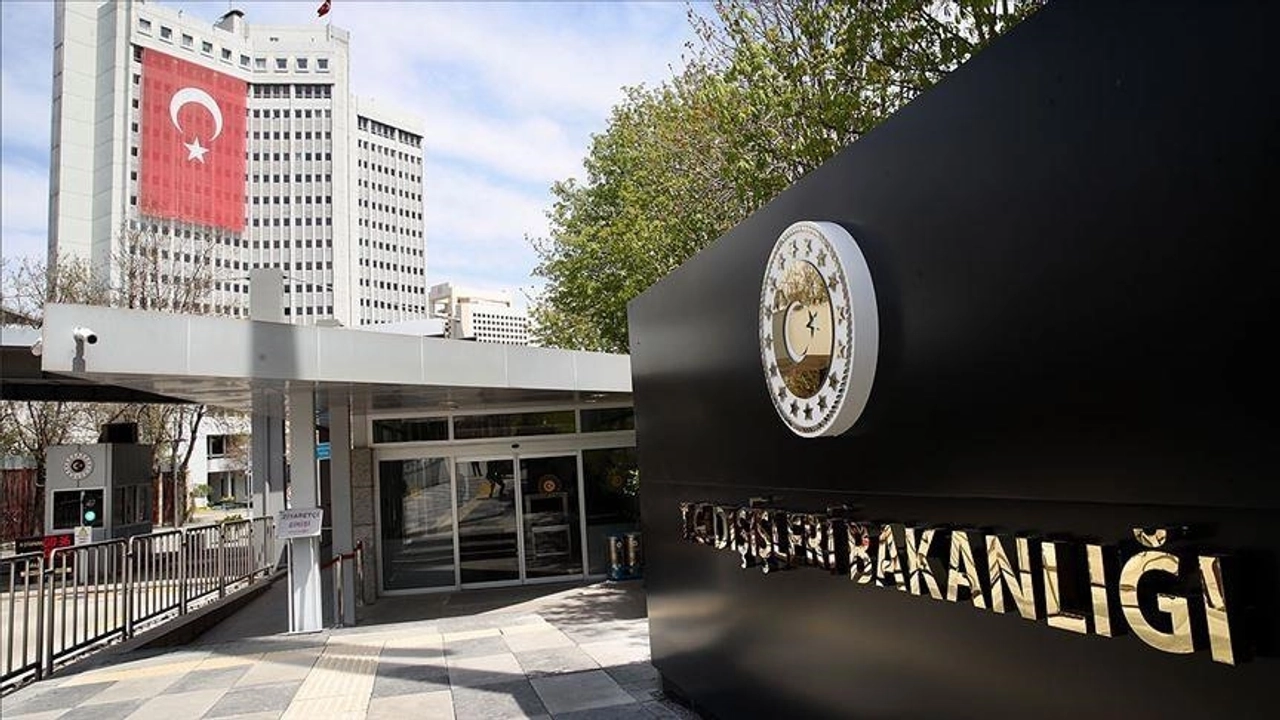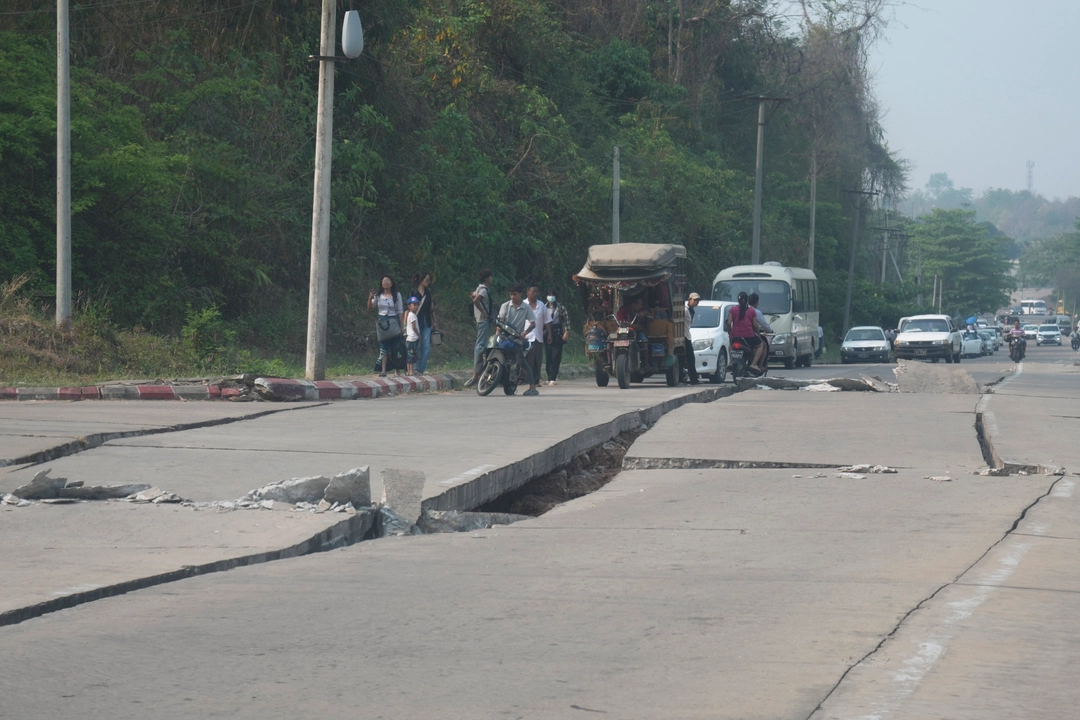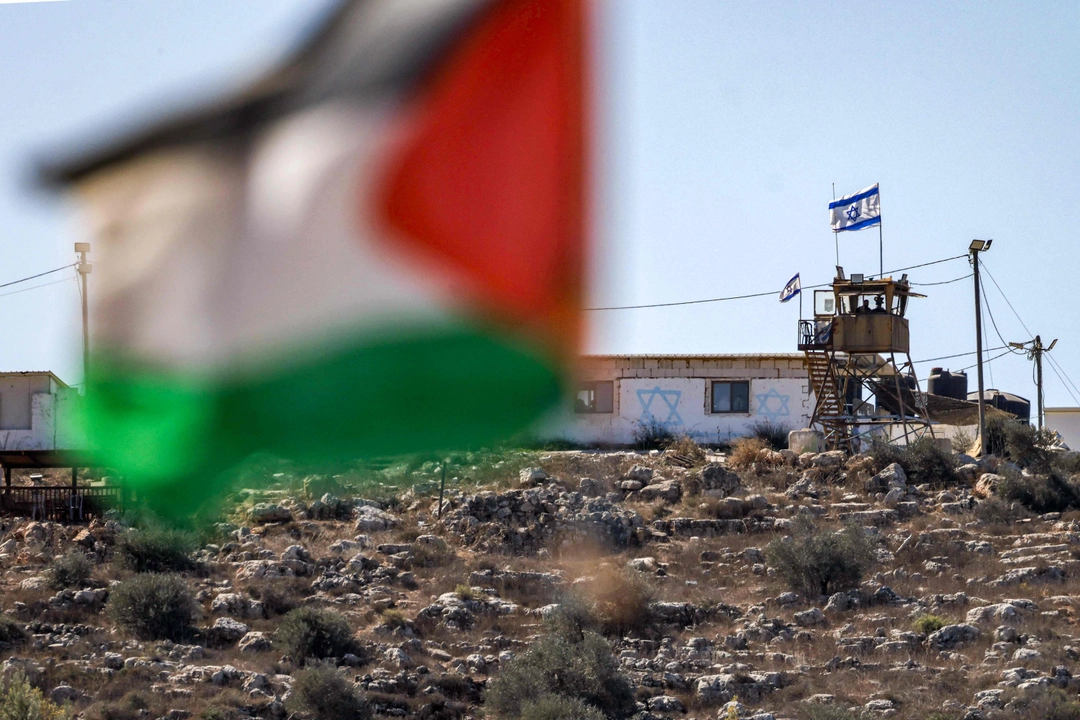Ukrainian President Volodymyr Zelenskyy has highlighted Türkiye’s potential role in monitoring a newly brokered truce in the Black Sea, as Russia and Ukraine agreed on Tuesday to halt military strikes in the region and on energy infrastructure.
The deal, facilitated by the United States, comes with the promise of easing pressure on agricultural exports as an incentive to Moscow.
Zelenskyy, who has turned to diplomacy under pressure from President Donald Trump—including a brief pause on US aid and intelligence sharing—cautioned that it was too soon to determine if the agreements would hold but described them as “the right steps.”
Speaking at a press conference in Kiev, he noted that third-party oversight of the ceasefire was discussed, with Türkiye emerging as a key candidate to monitor maritime security in the Black Sea, while a Middle Eastern nation could oversee the energy agreement.
Despite the agreement, Russian forces launched over a hundred drone strikes overnight, targeting Ukrainian infrastructure. Zelenskyy denounced the continued attacks, saying they were a “clear signal to the whole world that Moscow is not going to pursue real peace.”
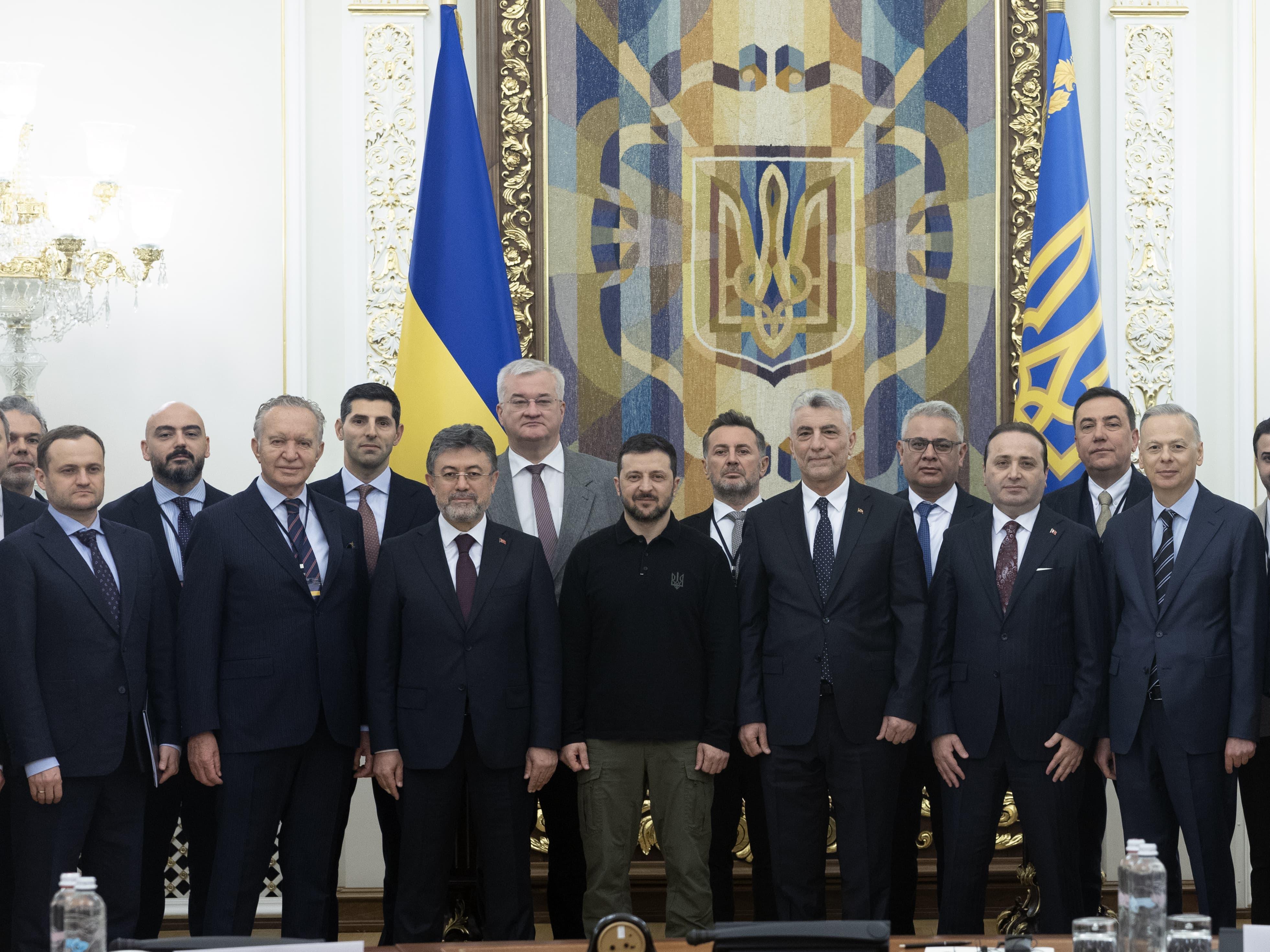
Turkish Trade Minister Omer Bolat says Ankara is ready to transfer experience of Turkish contractos to Ukraine in its reconstruction efforts.
Türkiye’s track record in Black Sea diplomacy
Türkiye has played a pivotal role in regional mediation efforts throughout the war. Ankara was instrumental in brokering the now-defunct Black Sea Grain Initiative, which allowed Ukrainian grain to be exported safely through the Black Sea despite the ongoing conflict.
The deal, mediated alongside the United Nations, helped ease global food shortages before Russia pulled out in 2023, citing unfulfilled promises on its own agricultural exports.
With this latest ceasefire agreement, Türkiye’s strategic position as a mediator is once again in the spotlight. As one of the few NATO members maintaining strong ties with both Moscow and Kiev, Ankara is seen as a credible broker for monitoring compliance in the Black Sea.
The prospect of Türkiye overseeing maritime security could mark another step toward de-escalation, particularly in ensuring that vital trade routes remain open.
As diplomatic efforts continue, all eyes will be on Türkiye’s role in enforcing the fragile truce and whether its involvement can pave the way for broader peace talks in the future.
